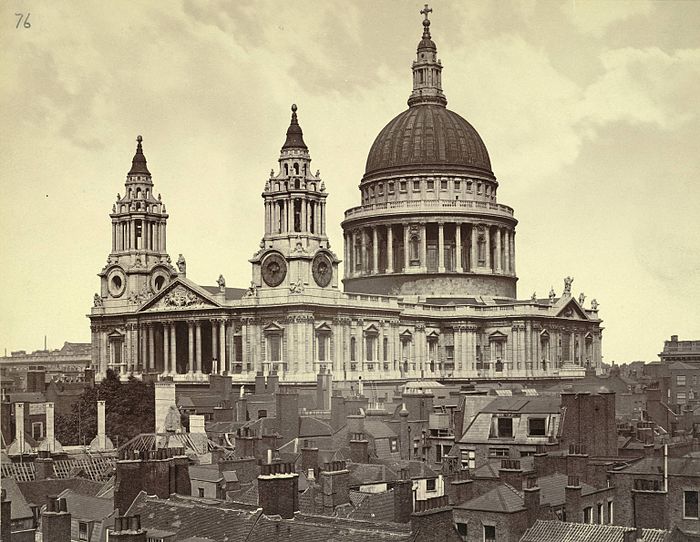SEPTEMBER 9, 2022 – (Cont.) We had to arise at an ungodly hour again this morning for my appointment, but the effort was worth it: my white blood cell count had rocketed to 5.5 and with it, the all-important neutrophil level had blasted all the way to 3.5 from yesterday’s 2.2.
For a nurse, I drew Alison, who never walks a straight line but hops, skips, and jumps in synch with running commentary filled with humor. But when it came to the “sub cu” injection of growth factor, she handled the needle with the finesse of a fine artist. The patient felt nothing, except the urge to laugh when Alison said, “If you don’t want to see the needle, look wherever you want—at the clock, the beautiful photograph of Elm Creek Preserve, anything you like, EXCEPT do not look to your left, because there’s a mirror over there and you’ll see yourself getting this shot—oh no!” She knows me, the “shot wimp,” too well. We laughed together.
Natalie, the P.A. who reported the counts, was new to me. But her greeting signaled instantly that she was in total command of her work. In our initial exchange she read my situation expertly, based on her quick intelligence and years of experience in the world of bone marrow transplants. She told me I was doing great and said a positive attitude had a lot to do with my progress.
Beth and I arrived back home at 8:15, whereupon I celebrated by cooking up a giant bowl of oatmeal with a banana, walnuts, wild blueberries, and a pinch of sea salt. I savored every spoonful, ever so thankful for a robust appetite and a GI tract, trashed by chemo, that can now handle real food. (For lunch I cooked a giant bowl of ramen noodles, chopped turkey breast, fresh spinach, ginger, and garlic.)
Enough of the medical mundane, except . . . it’s not so mundane as it is miraculous and essential to the continuation of life.
Life. Life now writ large on the canvas of my consciousness.
And then . . .
Without intent or expectation, I sat down to watch the wall-to-wall televised coverage of . . . the late Queen and now, her son, the new (senior citizen) King. I listened to the King’s first speech as King. I viewed the entire “Service of Prayer and Reflection for her Majesty the Queen” televised live from St. Paul’s Cathedral in London.
I’m not British (though my maternal ancestors hailed from England and Scotland—such as they were in ancient times); I’ve never been a “royal fan”; though dragged to the Episcopal Church through my childhood, I’m no Anglican. I’m no longer even “churched.” And yet, I found myself drawn inexorably into the singular sublimity of the occasion. What impressed me most were the people gathered inside the cathedral. It was a “first come, first serve” crowd that swept across many demographic lines. Their faces were as universal as they were distinct. If I saw individuals, I saw them as a grand cast of humanity, unified by inescapable elements of our existence—loss and sorrow.
The Church of England played its role to understated perfection. Absent was inaccessible liturgical display. And the high priests—the Archbishop of Canterbury, the Dean Designate of St. Paul’s Cathedral, the Bishop of London (a woman)—did not pontificate or by religious verbosity, suck oxygen from the air. Unlike the Pope in St. Mark’s Square, the Archbishop appeared without a gilded shepherd’s crook or meter-high mitre. With humble dignity, not pompous fanfare, the church hierarchy honored the memory of a great monarch, who also happened to be a great human being.
I “get” that many people can’t separate Queen Elizabeth from her ancestors; can’t distinguish Britain’s monarchy from the sordid history of exploitive British colonialism; can’t sail aboard a vessel of progress without dragging an anchor of contempt for all vestiges of a regrettable past. But where are we to turn in times of individual and common loss and sorrow if we jettison the institutions—however flawed—that bind us; if we deny our instinct for some form of truth behind the mysteries of life; if we denigrate the adornments of great art, music, literature, and architecture because they arose out of a less enlightened age? Where, in our common and individual suffering will we find hope, purpose, meaning, and the foundation for constructive change?
I pondered this in the context of the second chance that I’ve been granted by medical science and the seraphim that have bestowed it upon me these past number of months. These are not thoughts I would’ve harbored without having faced mortality then turned to live by the aid of angels—my caregivers, agents of grace and hope amidst a race so often at odds with itself. (Cont.)
(Remember to subscribe to this blog and receive notifications of new posts by email.)
© 2022 by Eric Nilsson

1 Comment
Thank you for the hope. Blessings to you and all who love and care for you.
Comments are closed.